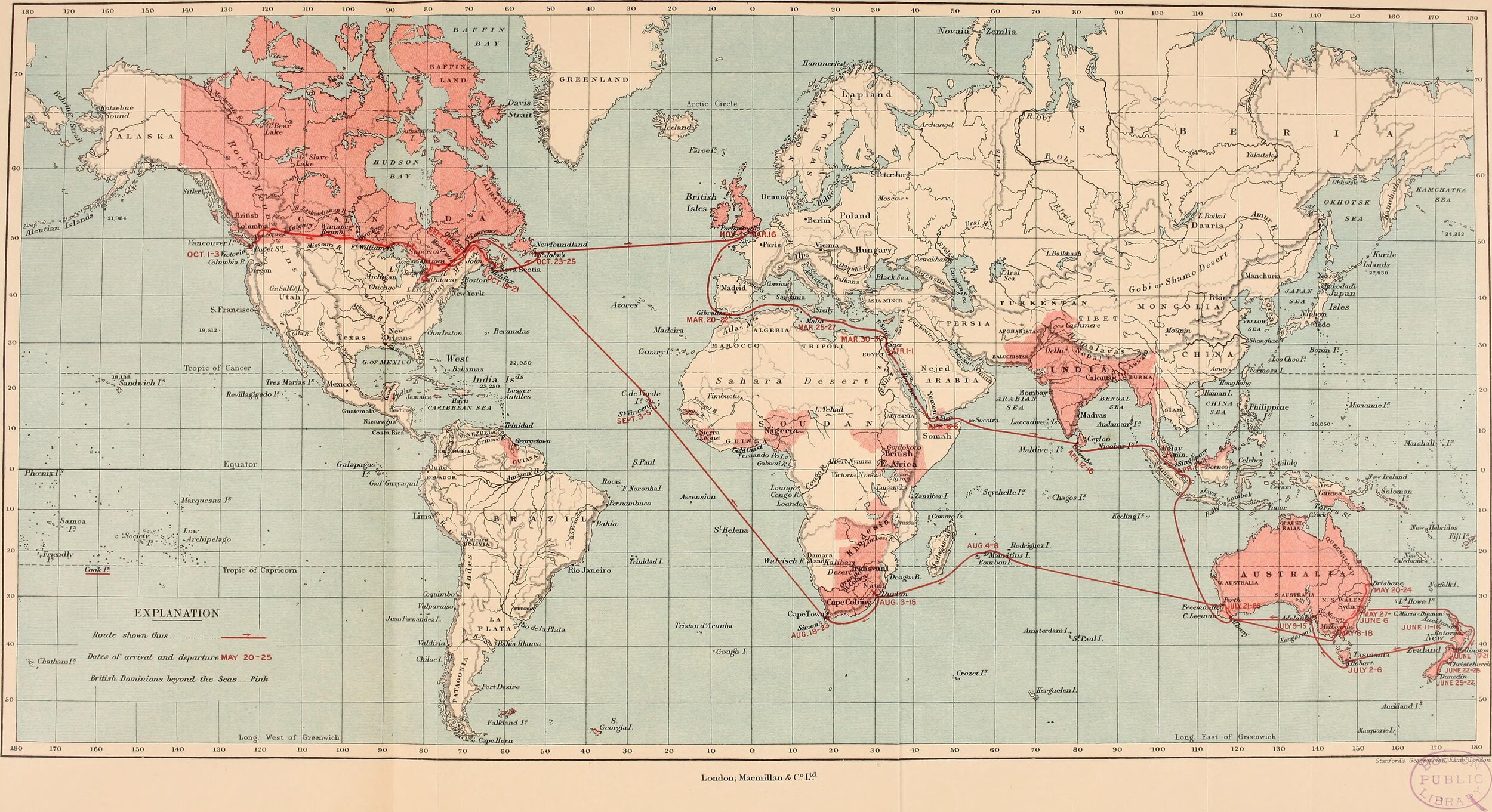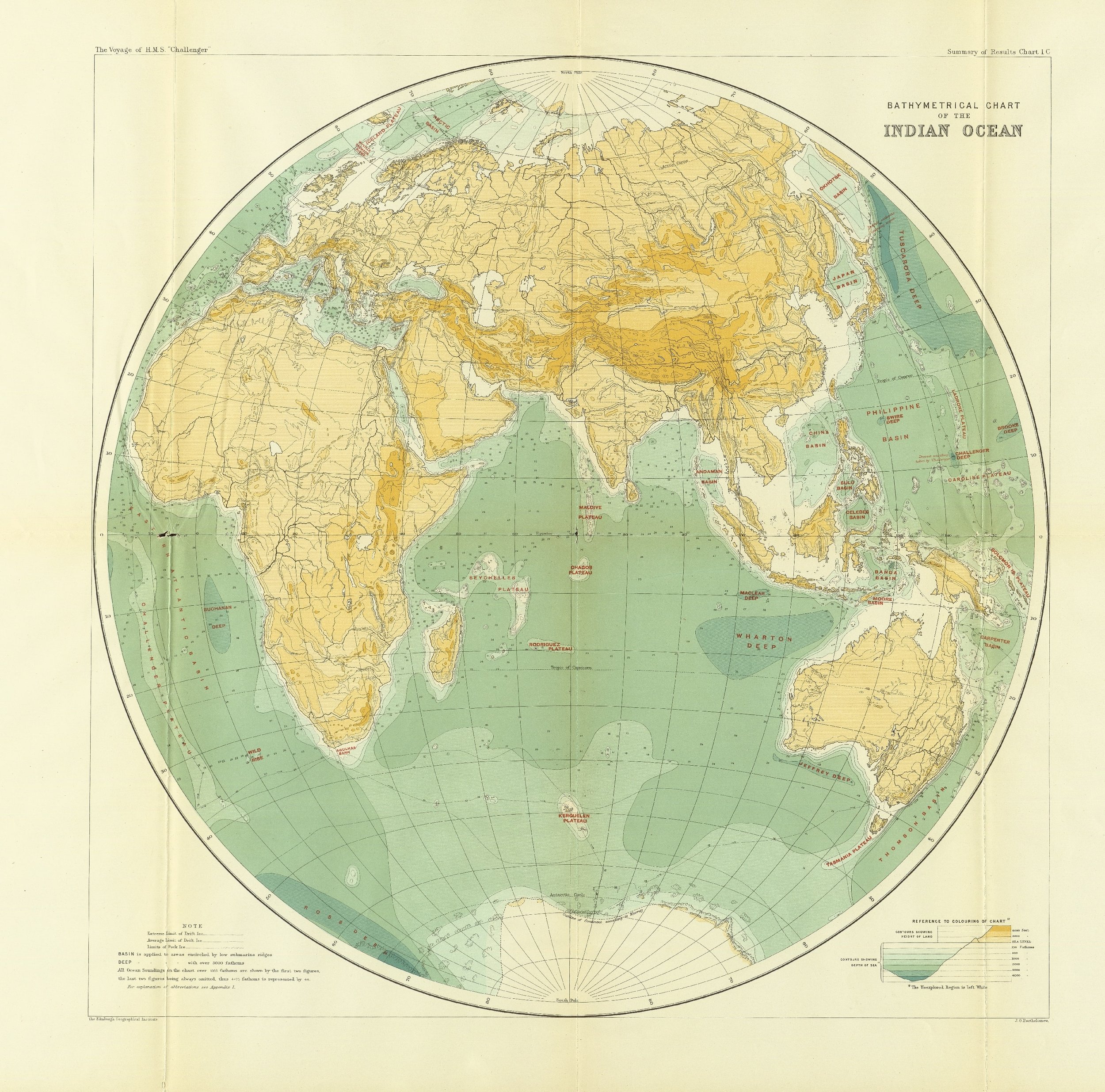
Part 5:
1945 to 2020: The Big Picture
#94 America, China, and the Struggle for Global Hegemony: Can the World Survive?
The peoples of Western Europe had risen from one world of relative poverty and had learnt how to take the wealth from the Americas and transfer it to their own countries. This was slavery and latterly until 1920, indentureship. A whole set up of banks, shipping companies, and insurance companies had arisen to make these transfers possible. From the 1750s the European invaders turned their attention to Asia and systematically began the colonisation process anew. At the same time, as they attempted to colonise and extract the wealth of Asia, the colonising countries began the process we now recognise as industrialisation alongside the rapid growth of cities. The surplus resources extracted through colonisation were used to finance the growth of new industries.
#90 The Creation of Israel: A Bulwark against the Arabic World
Recent international humanitarian groups have publicly defined Israeli/Palestinians as a form of apartheid. The consequences have been consistent: war and permanent conflict. Israel's survival as an independent state has been due to the support they have received from the USA. Israel has become the largest per head recipient of financial aid in the world. Israel has a nuclear arsenal and armed forces unlike any other nation in the region.
#89 The Fall of the Soviet Union
When the Soviet Union collapsed in 1989, the western world was stunned. Their hyperbole of criticism and their lack of access to Soviet economic statistics left the Western countries unprepared for what to do next. The USA was prepared to celebrate; their Cold War had been successful, and they moved their best economists to Moscow to advise. From having no access and very limited knowledge, suddenly the situation was reversed. Their imperial ambitions soared.
#88 World Power: An Aphrodisiac for the Unwary
The key to understanding the Americans and world power after 1945 is that maintaining her competitive advantage has always been her key political concern. That has meant creating and then maintaining key alliances with a select number of nation-states like Israel and the old colonial nations of Europe, Japan, and to a lesser degree South Korea. All the others were nations that needed to be dominated.
#87 The Dominant Theme of the 20th and 21st century
The present-day Ukrainian example could not be a better example: The struggle to obtain and then hold onto World Power became the dominant theme of every struggle around the world after 1945. No local struggle however small could be understood after 1945 without an understanding of the dynamics of the global power play. The struggle first manifested itself in the Cold War, from 1948 to 1989. The USSR was seen as an enemy of the USA, throughout this period. The USA organised itself to oppose any move of any state to become Socialist. Past blogs have given many examples. By the 1980s, no means was too horrific for the USA (for a time even torture became normal policy).




